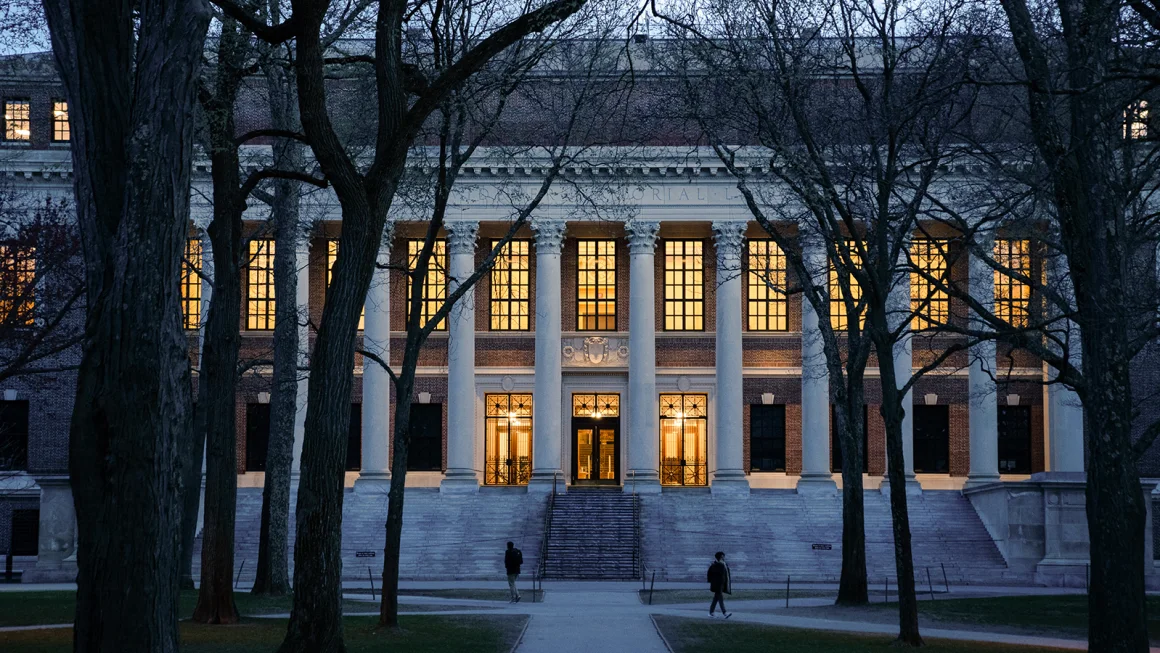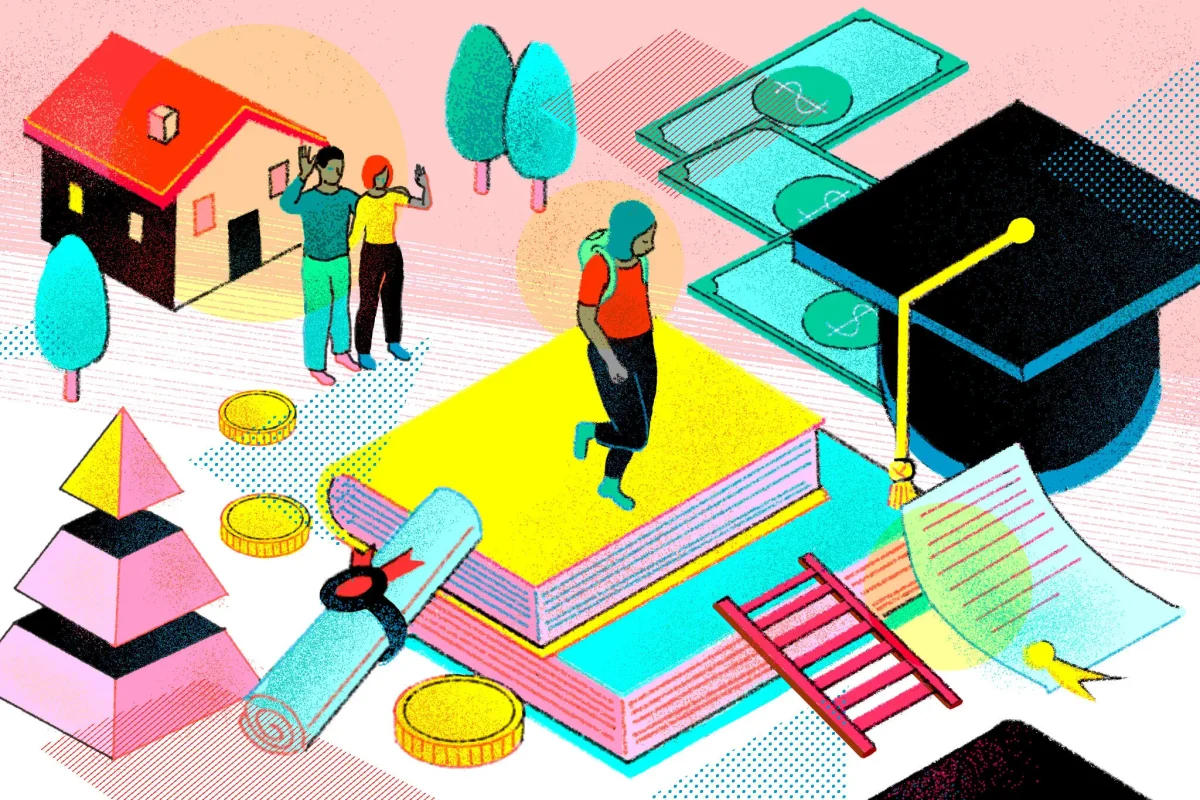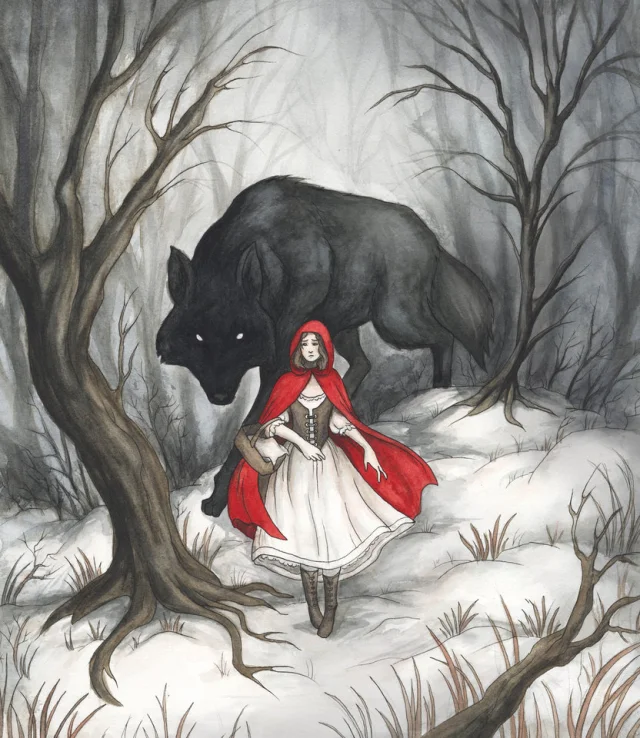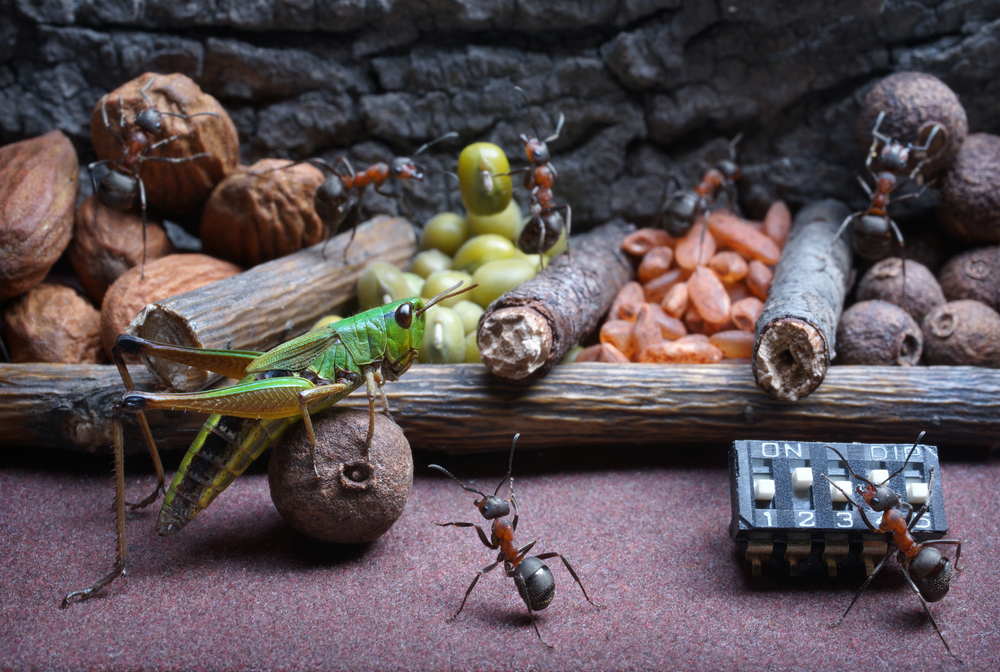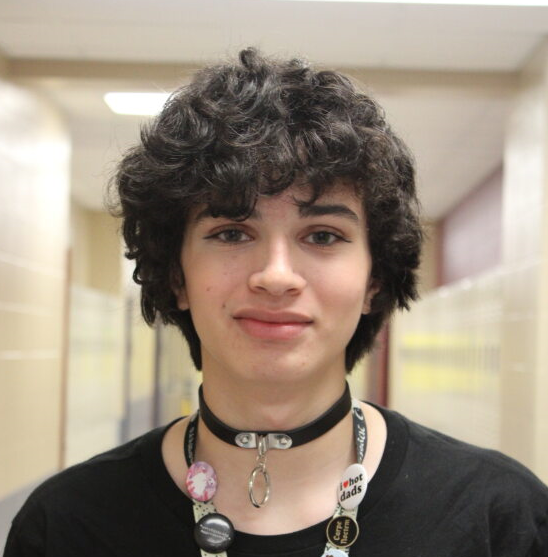Told throughout generations, a path of self-discovery through The Ugly Duckling offers us a gem of wisdom. The classic fairy tale of a little duckling that appears different then its brothers and sisters finds out that it isn’t a duckling at all, but a beautiful and majestic swan. Originally written by the Danish author Hans Christian Andersen, this story has been retold and remade in stories, cartoons, and theater or ballet productions hundreds of times, ingraining itself in the minds of millions around the globe.
A prevalent theme in the story is one of the hero’s journey. From misery to tranquility, the ‘death’ of the ‘duck’ and its re-birth into a beautiful swan portrays our evolution into our higher Self. This classical motif of the hero’s journey is prevalent in storytelling, with examples in numerous classical tales, like King Arthur, going from a common peasant to becoming the King of the Brits. Even in Andersen’s real life, who, as British journalist Anne Chisholm writes, was “a tall, ugly boy with a big nose and big feet, and when he grew up with a beautiful singing voice and a passion for the theater, he was cruelly teased and mocked by other children.” Ironically, sometime before writing the story, he also discovered he was the illegitimate son of Prince Christian Frederik (later King Christian VIII of Denmark). Imagine that!
Yet, when looking closer at the story, this particular theme begins to show a darker side. The ugly duckling lives its life being harassed and bullied for being different and unattractive. Only when the duckling transforms into a gorgeous swan does it finally become loved and accepted? The story isn’t about an ugly duckling being accepted for being itself, it’s about a baby swan being harassed for being different until it develops into a beautiful swan, and only then becomes loved. What does this say about humanity?
When looking at the story through this lens, the theme becomes wildly different. Instead of telling you to keep being different, eventually, you’ll be loved for who you are; it reveals the harsh truth of the reality of how unless you belong to a specific niche, you’ll be unloved and alone, and with the hope of only becoming like all the others.
What does this story have to teach us? Why should we care for a story with such a pessimistic attitude? The answer is that the story shouldn’t be inspiring. Instead, it should be a cautionary tale.
Since the duck spends the whole story wallowing in self-pity and apathy, it doesn’t truly attempt to change its situation in life. It doesn’t try to improve itself inside or to find a niche or find who it is inside. The only reason the duck lives ‘happily ever after’ is because it turns out to be a swan, not an ugly duckling. The duck doesn’t change its attitude nor does the outside world change its view of the duck; it ends up being loved through pure luck. What should we learn from this story?
Don’t be like the duck depending on fate, or luck of the draw, because chances are you are secretly already a beautiful swan. Embrace your differences. Change your world view and find people whose world view accepts you. Find the swan inside you now, not later.







